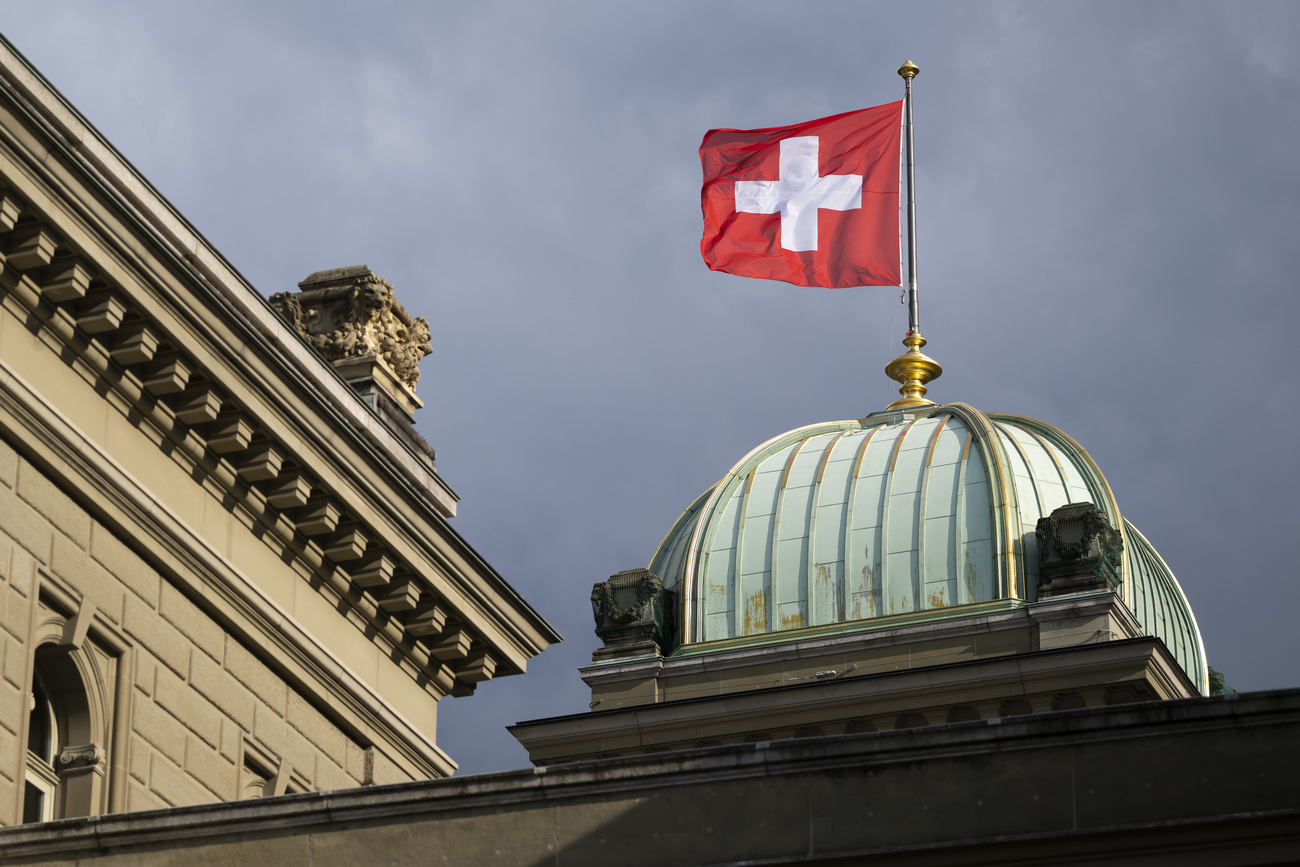
Swiss canton bans political debates in education ahead of elections

Political debates at educational institutions in the western canton of Vaud are now forbidden in the ten weeks before elections, in a decision that has outraged left-wing parties.
This decision was taken by the cantonal education minister, Frédéric Borloz of the centre-right Radical-Liberal Party. It is intended to prevent vote-catching during the election campaign. Left-wing parties are outraged.
Borloz defended his decision at a meeting of the cantonal government on Tuesday. Debates in schools are important to educate young people to become citizens, but they cannot take place at any time, he said.
Debates in the run-up to votes that do not fall within the realm of pure politics are not a problem, Borloz continued. However, this does not apply to debates related to elections, where fairness is more difficult to ensure, according to him.
His decision provoked outrage from the left. Social Democrat party cantonal president Romain Pilloud explained that adversarial debates, where all political opinions can be heard, have nothing to do with “propaganda”. “On the contrary, they are invigorating moments that allow young people to engage with civic issues,” he said.
Alice Genoud of the Green Party called the decision an “attack on the freedom” of schools.
Support from the right
Several centre-right MPs supported Borloz. Swiss People’s Party politician Céline Baux said that debates in election times were “manipulation” and only served to “put certain personalities in the foreground”. For François Cardinaux, a Radical-Liberal, “school is a place to learn, not to do politics”.
The Left wanted to overturn the decision with a resolution. However, it failed because of the centre-right majority in the cantonal government.
This news story has been written and carefully fact-checked by an external editorial team. At SWI swissinfo.ch we select the most relevant news for an international audience and use automatic translation tools such as DeepL to translate them into English. Providing you with automatically translated news gives us the time to write more in-depth articles. You can find them here.
If you want to know more about how we work, have a look here, and if you have feedback on this news story please write to english@swissinfo.ch.

In compliance with the JTI standards
More: SWI swissinfo.ch certified by the Journalism Trust Initiative



























You can find an overview of ongoing debates with our journalists here . Please join us!
If you want to start a conversation about a topic raised in this article or want to report factual errors, email us at english@swissinfo.ch.